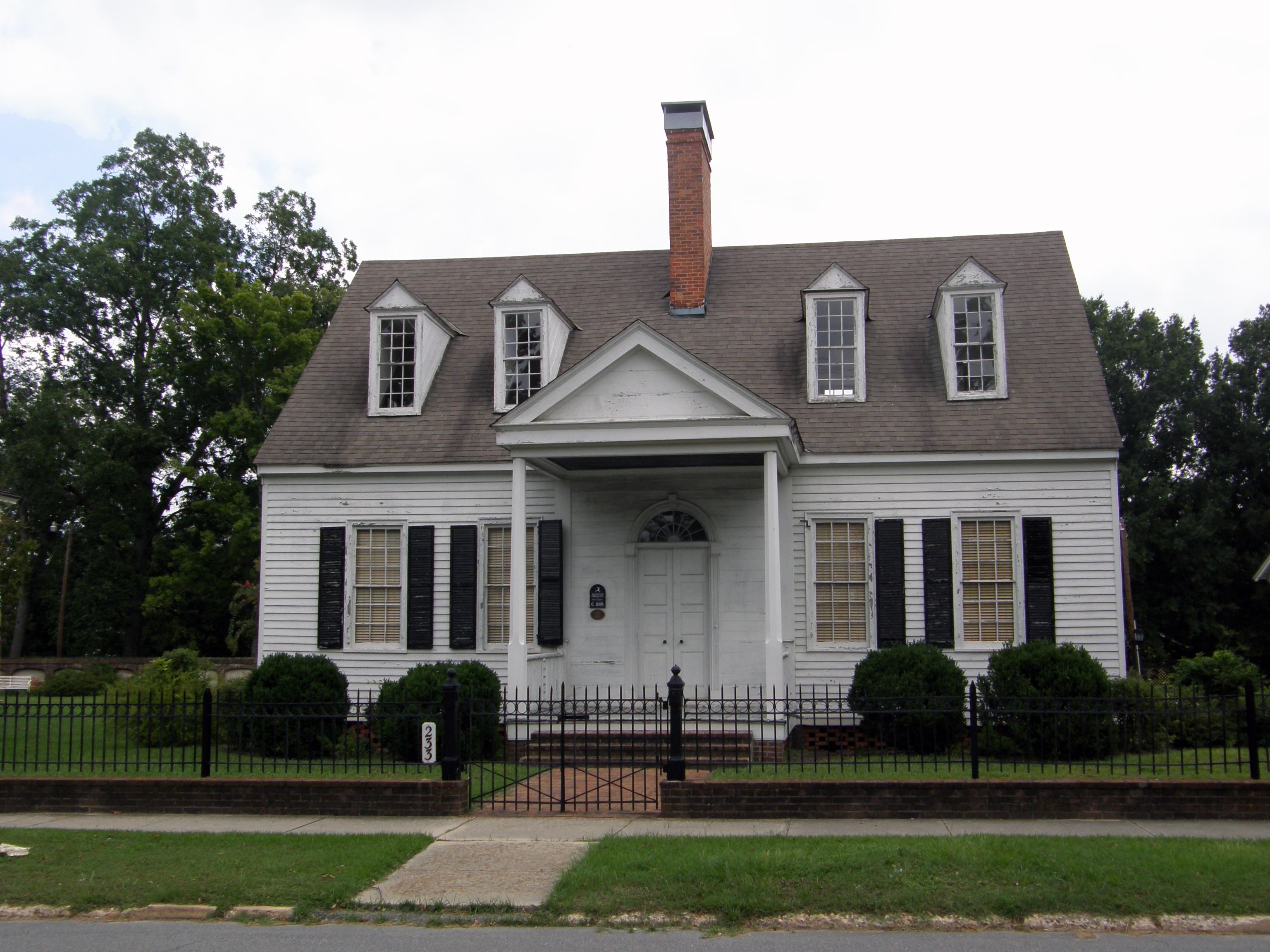Applying for a mortgage? Here’s what you need to know:
Okay, you’re ready to make that big jump – buying a home is one of the biggest commitments that you are ever going to make. We have put together 5 important tips that will help you organise yourself to ensure you apply for the right mortgage to make the process that little bit easier.
1) Save up for a Deposit
You can assume that your mortgage lender will ask you, “how much have you saved up for your deposit?” Most banks will require you to save at least 5% of your property’s value in order to be considered for a mortgage. The bigger your deposit, the easier the monthly repayments will be. Your credit rating will play a major factor for acquiring a mortgage as well.
2) Have a good credit rating
The mortgage lender will review your credit history. If you do not have a good credit history your lender may refuse you a mortgage outright, or only offer you a mortgage with high interest rate – this could potentially cost thousands more than you were wanting to spend over the course of the loan.
3) Find out how much you can afford
It pays to be prepared, review your budget, and know EXACTLY how much you can afford to pay each month. Be realistic: if you are renting, use that as a guide.
Remember to include all other costs you have pay for as well: bills, insurance, council tax etc. Assuming that you want to live comfortably, remember to leave some leeway if you have/are planning on having a family or have any other big plans.
If you want to find out how much a mortgage lender could provide you, an online mortgage calculator will give you a rough idea on how much you will be paying each month, taking into consideration your deposit, price of your property and what mortgage type you are applying for.
4) Mortgage type?
There are different types of mortgages with different interest rates available:
- Fixed – These are straightforward because you will pay the same amount each month for a set period of time. However, typically these rates come at a higher interest rate than a variable rate.
- Variable – Also known as adjustable rate, these rates work in a similar way, but the rate will be changed at different time periods by the lender according to their cost of lending.
- Tracker – These mortgages typically follow the Bank of England base rate. The advantage of this, is that if the base rate goes down, then the rate of your mortgage goes down. However if it goes up, then unfortunately your mortgage rate goes up as well.
5) Find a good mortgage broker
Remember your mortgage rate and deposit are not the only factors to consider, many mortgages come with mortgage fees. These fees vary from lender to lender and some mortgages come with lower rates but higher fees. We would advise you find a very good mortgage broker because they can provide independent advice and aren’t tied to any specific lenders. They will give you advice on fair rates you should be paying, they will shop around to help you find the perfect lender to offer you a great deal.
A mortgage lasts a long time, getting the right deal is very important. If you have not acquired your ideal mortgage, you could fall behind in your payments and end up having bad credit history, being bankrupt or even put your home at risk.
If you follow these five tips you will have some sound advice in making sure that you take the necessary steps in getting the right mortgage – one that you can afford, and one that won’t keep you awake at night.


Great advice!